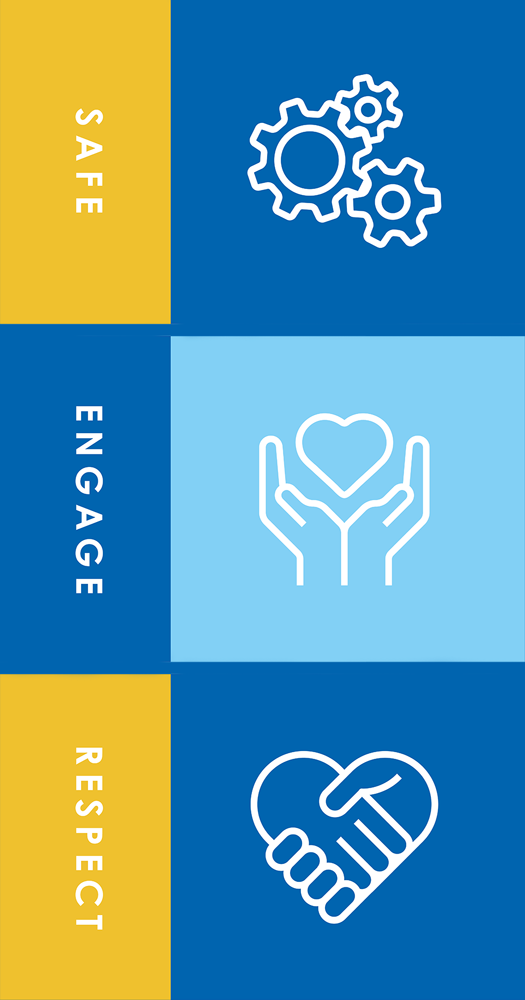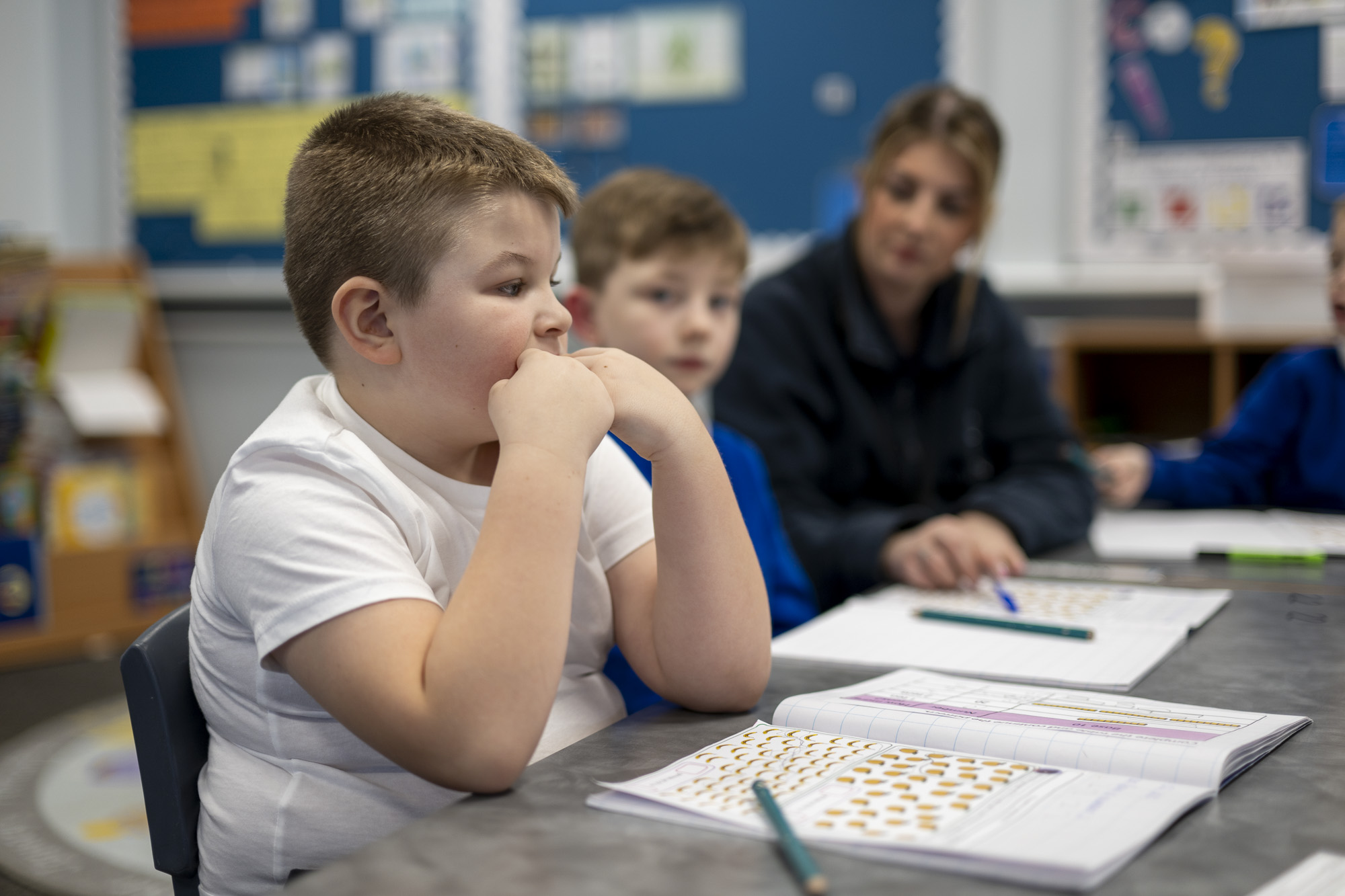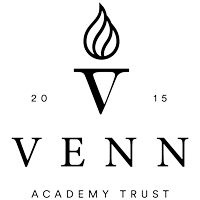Reading is a valuable, lifelong skill that intersects all areas of the curriculum. In order to read, pupils first need to learn how to decode and word read. The main strategy for this is phonics.
The chosen SSP (Systematic synthetic phonics) programme for The Whitehouse is Pearson Bug Club. Bug Club is an online resource, making it much more accessible and adaptable for Whitehouse children. On admission we ask feeder schools if they would prefer to resource their chosen scheme for part time placements.
Phonics is a way of teaching pupils to read quickly and skillfully. It is essential that our approach to teaching phonics and reading is accessible to all pupils, regardless of background.
They are taught how to:
- recognise the sounds that each individual letter represents;
- identify the sounds that different combinations of letters make – such as ‘sh’ or ‘oo’; and
- blend these sounds together from left to right to make a word.
Pupils can then use this knowledge to ‘de-code’ new words that they hear or see. This is the first important step in learning to read.
It is expected that by the end of Year 1 pupils have acquired their phonic knowledge to read unknown words and begin to apply these into spellings. As KS1 children enter The Whitehouse at different starting points, they are assessed and will receive bespoke phonic lessons 1:1. Also, we understand that pupils may need additional support to acquire these skills and become fluent reading in KS2.
Pupils who still need additional support with reading receive a bespoke approach, depending on their individual needs, to follow the phonic progression effectively. Pupils receive 1:1 phonics lessons daily with a trained member of staff. Additional to this, they may receive interventions for over learning, gap filling and blending.
Pupils read phonetically matched books daily. They will read bug club books containing the sounds that they have already learned. In the front of all Bug Club books are the sounds and words that children may need to practice to allow them to read fluently. In The Whitehouse we encourage children to read their book more than once to practice fluency and automaticity.
Bug Club Online
Click here to access your child’s Bug Club.
Please ask your child’s teacher for their login information.
You can practice reading the phoneme on the sound board https://www.pearsonschoolsandfecolleges.co.uk/asset-library/interactive/primary/bugclub/alphabet/index.html
For younger readers Alpha Blocks is matched to Bug Club https://www.bbc.co.uk/cbeebies/shows/alphablocks








